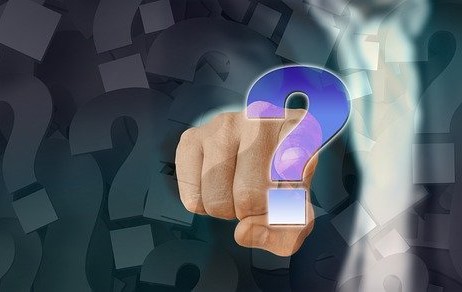Some 75% of people in the UK would feel safer and more comfortable allowing strangers, such as estate agents, into the home if their identity and credentials were available on a digital identity platform, according to a new survey.
A person’s digital identity is made up of various pieces of personal information that are collected and stored online. It is estimated that 66% of people in the UK have a digital trail – personal data they have provided online – and it is this information that is combined to create a digital ID.
Most of us are familiar with the online applications of our digital ID. Whether it’s accessing online banking or registering for online goods and services, many people are comfortable using their digital ID to fast-track the process.
But there are also real applications for digital identities which are now being explored. One such application would be a digital identity platform from which you can check and confirm the true identity of, for example, estate agents who are entering the home.
The survey, commissioned by ID Crypt, reveals that 64% of people are concerned about allowing strangers such as electricians, estate agents and plumbers into the home.
Some 60% say it is concerning to think that such a person could, unbeknownst to the homeowner, have a criminal record, and 60% also say they’re concerned that the person might not actually be qualified to perform the task they’ve been hired to do.
Despite this, only half of people say they ask for ID before letting someone in, and only a quarter ask for proof of employment.
Even if ID was provided, 59% say they would not be fully confident that it’s legitimate because physical IDs can be easily faked.
As such, 76% would be in favour of digital IDs that provide a trustworthy record of a stranger’s identity and professional credentials, regardless of their job role or sector.
The CEO and founder of ID Crypt Global, Lauren Wilson-Smith, commented: “When it comes to proving our identity, we need systems that are as infallible as possible. A verifiable digital identity would offer that reliability and would mean that more people can be more confident about who they are letting into their home.
“We give so much information to online companies that, for most of us, there already exists a thorough online identity. Why not put this to good use in the real world as well as in the virtual world?








